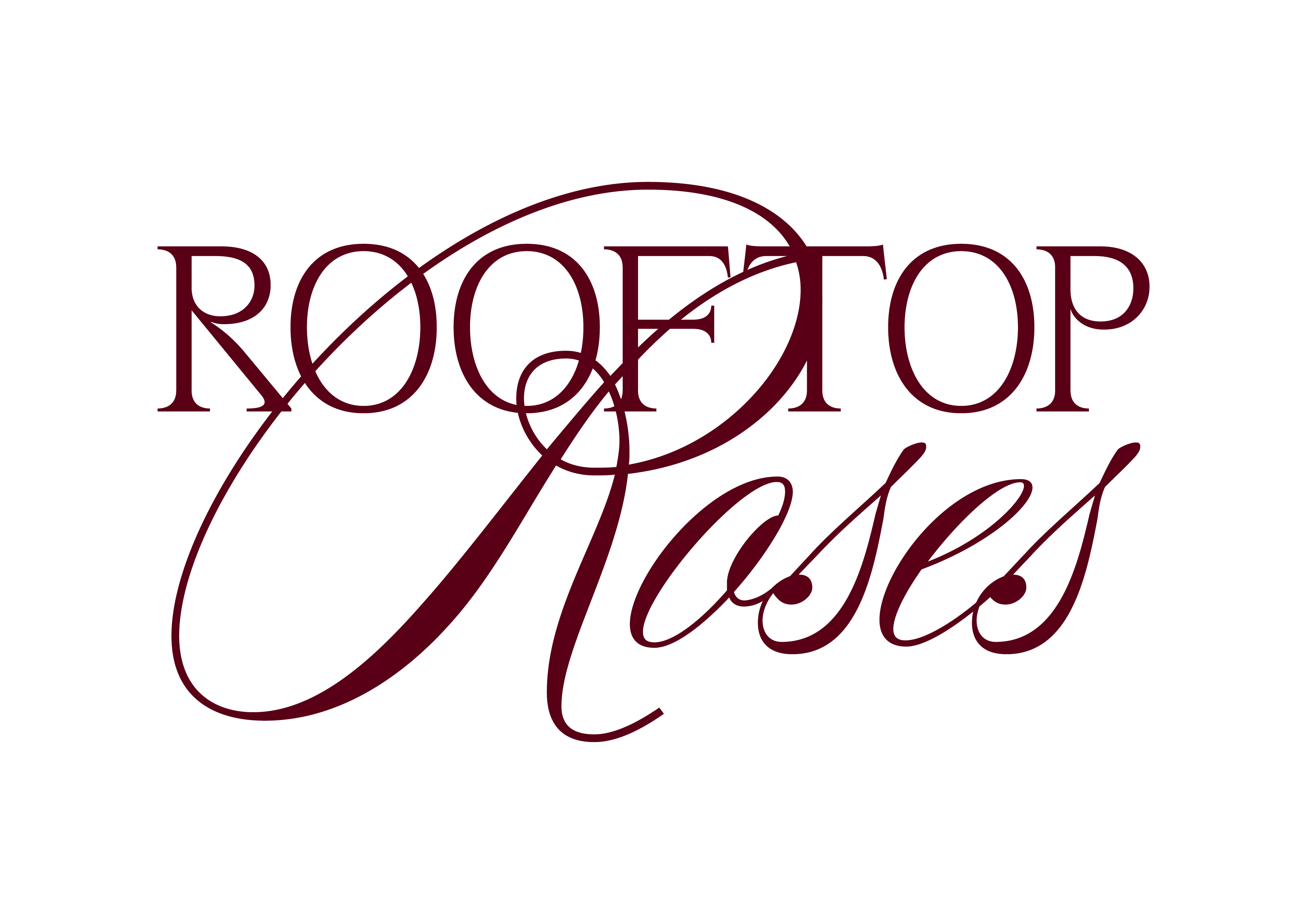
In December, 2023, The Beautiful Bunch was awarded a research grant from eight philanthropic organisations who combined their resources to support high-performing social enterprises to scale their impact. Thanks to the Lord Mayor’s Charitable Foundation and the other philanthropists involved, our dream to produce Australia’s most beautiful roses, was brought a lot closer to life with 12-months’ worth of funding. This grant was just what we needed to research how we would begin to grow roses on rooftops.
The first step upon receiving funding was to find a Horticulturalist. Someone who not only had experience establishing and maintaining hydroponic farming systems, but who also shared our environmental ethos and social mission. Additionally, they needed to have the expertise to produce research reports which would support us to fund the actual execution - the building of a hydroponic rose farm. After exhausting our existing networks in an attempt to find the right person, we posted a job ad. It was a long-shot and one of those things that doesn’t seem too implausible until you put it down on paper.

Yet as far-fetched as it felt upon hitting publish, three days in, an application came through that stood out from all the others. The candidate had a PhD in Applied Biology and decades of experience working on agricultural projects that no doubt sounded similarly ambitious before they were brought to life.
It felt too good to be true. The position was far from highly paid and offered only on temporary terms for the duration of the grant, 12 months. A follow-up email from the applicant two days later assured us that despite being overqualified for the role, they didn't expect a high salary and wanted only to have the opportunity to apply their skills and experience to something that would really help people.


This was exciting. Someone who had not only the knowledge we were so very much hoping to find, but also, crucially, the desire to apply it to the work we do in creating employment opportunities for young women marginalised from the mainstream workforce.
Two months of back and forth ensued as we attempted to further define the role, contract, and ultimately, research project outcomes. This was new territory for us and we were determined to make the very most of what felt, and still feels, like a once in a lifetime opportunity.
Finally, in May, 2024, the terms were set and the beginnings of Rooftop Roses started to take shape.


The work that followed has focused on three main pieces of research:
- A Project Scope Document. The intent of this is to detail the why behind Rooftop Roses. It communicates our social enterprise’s growth strategy (which will enable more young women from refugee backgrounds to access our paid training program), as well as our commitment to ethical business principles and environmental stewardship.
- Identification Of Project Technical Goals. This includes researching market size, growing scale, what does an “ethical rose” actually look like, and what might be needed to grow it.
- Technical Growing and Production Plan. This document provides a deep dive in to the requirements and plans associated with the most important technical production aspects of our proposal: the greenhouse rose culture, utilisation of hydroponic production methods, and an integrated pest management plan.

Separate to this are the (many!) financial models we have created, dismantled, and then put back together again.
We are attempting to grow at something we have conceptualised as a “boutique commercial scale”. Ensuring that Rooftop Roses can produce a competitively-priced product has been the most difficult and time-consuming task to date. Growing roses locally in Australia is a challenge in and of itself. If you add to this, growing roses with unrivalled environmental credentials, the care and harvest of which creates employment opportunities for young women marginalised from the mainstream workforce, each rose stem comes at a price!

We are determined that it is a price worth paying, an investment in the future of the planet and her people, and the only way to do business. However, we also know from all we have learned from The Beautiful Bunch, that offering a commercially competitive product is the best way of funding the social impact we deliver.
Numerous hours, meetings, and spreadsheets later, we have arrived at a financial model with a cost per stem that will enable us to be competitive, whilst also embodying our social and environmental values.


We are now taking the many pages of research and financial modelling and seeking funds for project execution. We have managed to build a small, but exceptionally talented and passionate team around this initiative and are confident that we have what we need to take this project to the next stage.
If you are interested in how to start a flower farm for the future, we’ll be documenting the journey here and would love you to join us.
Jane x



